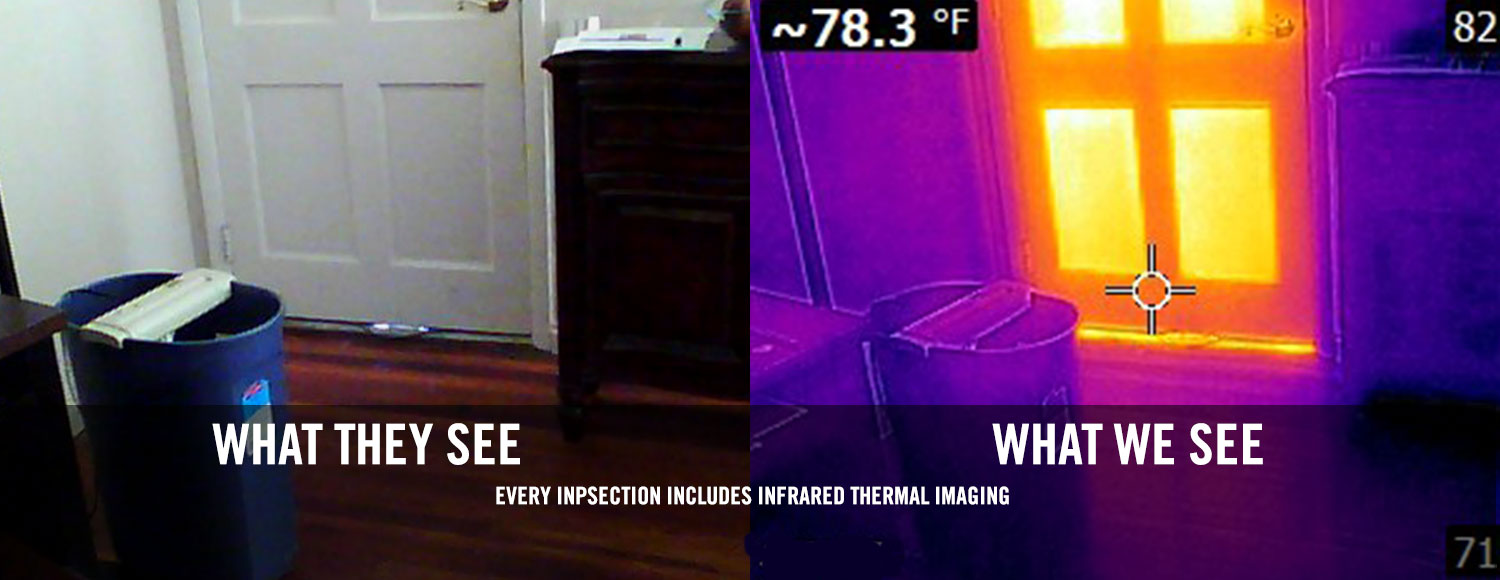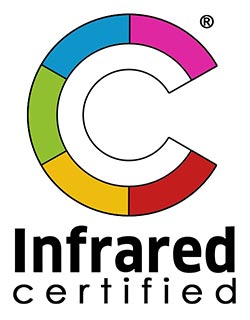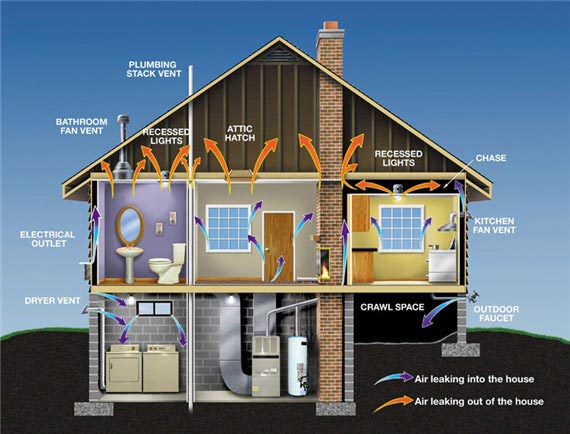- Find us
- P.O Box 6183 Maryville, TN 37804
- Call us today
- (865) 384-0042
- Email us now
- mike@inspectedbymike.com

Thermal imaging gets hotter
Improved technology can lower energy costs
Gus Poneris had hot and cold spots throughout his Milford home, and was about to shell out $20,000 for a new HVAC system to regulate the temperatures.
 But before he signed a contract, he wanted more proof a new system was needed.
But before he signed a contract, he wanted more proof a new system was needed.
He got it from a thermal image scan, which uses infrared technology to reveal problems with moisture, electrical, HVAC systems, foundation, plumbing and, in Poneris’ case, insulation, by comparing the relative temperature of one object to that of its surroundings.
Infrared imaging is a growing trend that can lead to some impressive energy savings. This has brought the home inspection field extra attention recently, especially with home heating costs.
A problem is that only a handful of home inspectors offer thermal imaging. This has been due mainly to the price of infrared cameras.
“One day, every inspector is going to have an infrared camera,” says Nick Gromicko, founder of the International Association of Certified Home Inspectors. “It does things the naked eye can’t, like identify a roof leak that a (traditional) inspector wouldn’t find even if he was standing on it.”
Just having the images taken isn’t enough, though.
“The infrared cameras aren’t something you can just point and shoot,” says Barb Yankie, president of Homes + Inc. and a nationally certified thermographer. “You need to know what you’re looking at and what could cause changes in the temperature.”
Poneris, who paid Yankie for the inspection, says it was worth it.
“We had a lot of bad areas,” he says. “There were areas where the insulation was wrong; spaces where there wasn’t any insulation at all; a cold spot in one area of the roof.”
Yankie showed Paneris how to correct the issues, and he now saves about $35 on his energy bill each month. And, he did not need a costly new HVAC system.
Gromicko estimates that by fixing the energy-sucking problems in your home that thermal images highlight, a typical client will get back the cost of the inspection in one winter.

